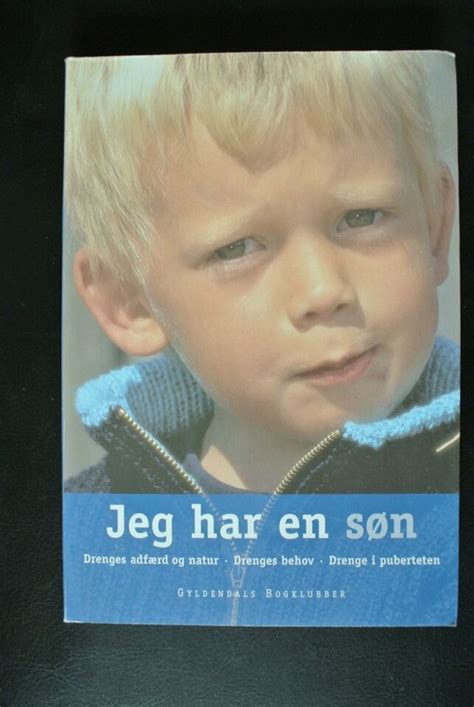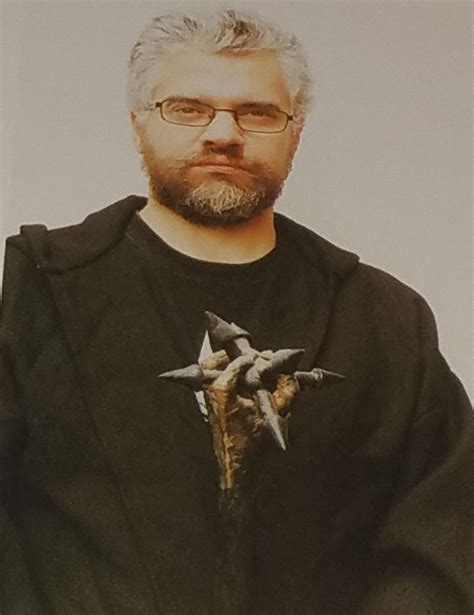A Quote by Edith Sitwell
Art is magic, not logic. This craze for the logical spirit in irrational shape is part of the present harmful mania for uniformity.
Related Quotes
art is the most general condition of the Past in the present. ... Perhaps no work of art is art. It can only become art, when it is part of the past. In this normative sense, a 'contemporary' work of art would be a contradiction - except so far as we can, in the present, assimilate the present to the past.
There is some confusion as to what magic actually is. I think this can be cleared up if you just look at the very earliest descriptions of magic. Magic in its earliest form is often referred to as “the art”. I believe this is completely literal. I believe that magic is art and that art, whether it be writing, music, sculpture, or any other form is literally magic.
Furthermore, it is not that Spirit is present but you need to be enlightened in order to see it. It is not that you are one with Spirit but just don't know it yet. Because that would also imply that there is some place Spirit is not. No, according to Dzogchen, you are always already one with Spirit, and that awareness is always already fully present, right now. You are looking directly at Spirit, with Spirit, in every act of awareness. There is nowhere Spirit is not.
Parenting is not logical. If it were, we would never have to read a book, never need a family therapist, and never feel the urge to call a close friend late at night for support after a particularly trying bedtime scene. . . . We have moments of logic, but life is run by a much larger force. Life is filled with disagreement, opposition, illusion, irrational thinking, miracle, meaning, surprise, and wonder.
Magic is a two-way process: you use it to change yourself and in return, it changes you. Letting yourself enter a magical reality is not about creating an enclave of magic beyond your everyday life, but of allowing magic in- allowing for the intrusion of the weird, the irrational, the things you can't explain, yet are undeniably real.
Water is two parts hydrogen and one part oxygen. What if someone says, “Well, that’s not how I choose to think about water.”? All we can do is appeal to scientific values. And if he doesn’t share those values, the conversation is over. If someone doesn’t value evidence, what evidence are you going to provide to prove they should value it? If someone doesn’t value logic, what logical argument could you provide to show the importance of logic?






































